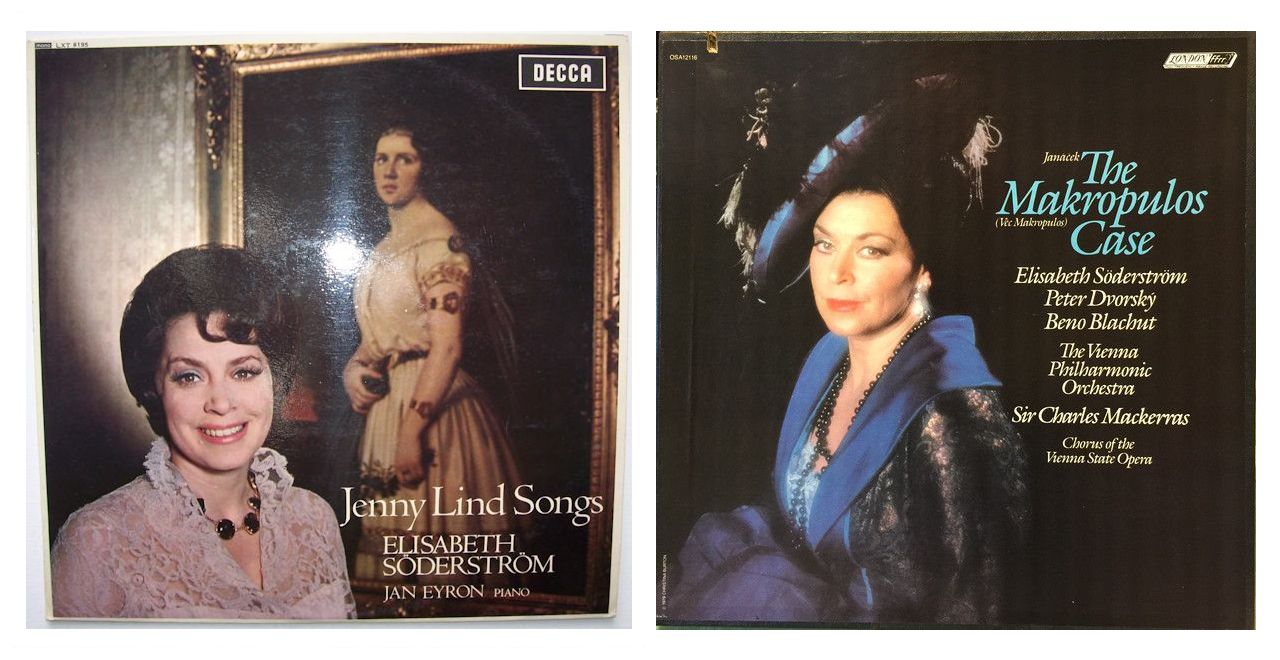

|
Elisabeth
Söderström
[Photo taken
in Drottningholm in 1957] |
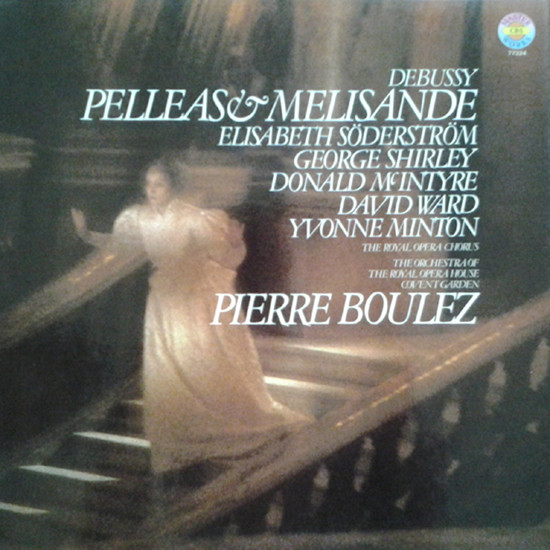 BD: Were there some parts that you looked forward
to, and other parts you had trepidation about?
BD: Were there some parts that you looked forward
to, and other parts you had trepidation about? 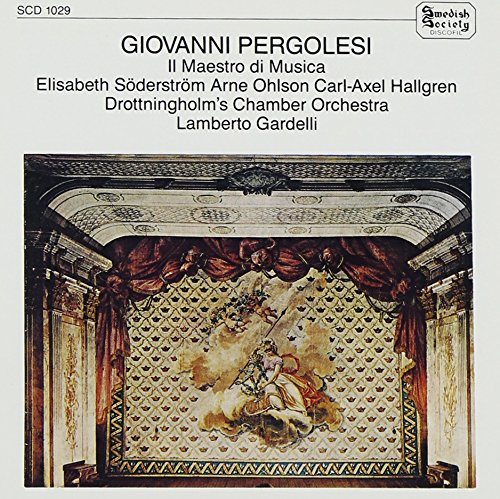 BD: Now you are currently an opera administrator?
BD: Now you are currently an opera administrator?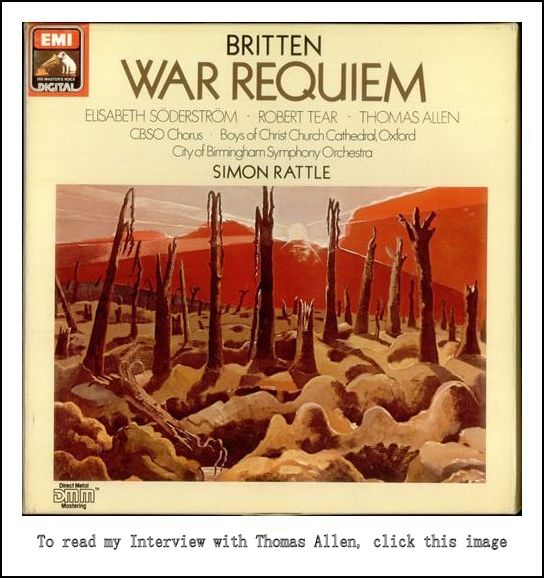 BD: Does opera always have to be about real life
and real problems, or can it be fantasy also?
BD: Does opera always have to be about real life
and real problems, or can it be fantasy also?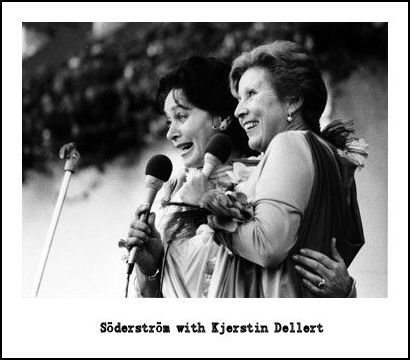 ES: He said, “We have
800 seats, but usually only 150 people come to these concerts.
The others have never been to a concert like this before, and they have
come because they’ve seen you on television.”
I said that was my problem, and he was not to worry.
ES: He said, “We have
800 seats, but usually only 150 people come to these concerts.
The others have never been to a concert like this before, and they have
come because they’ve seen you on television.”
I said that was my problem, and he was not to worry.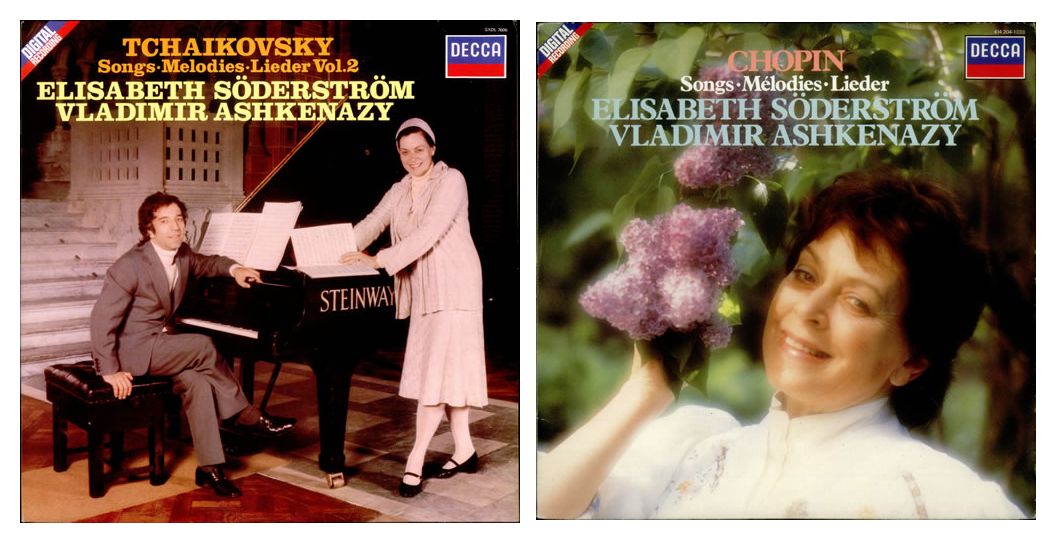
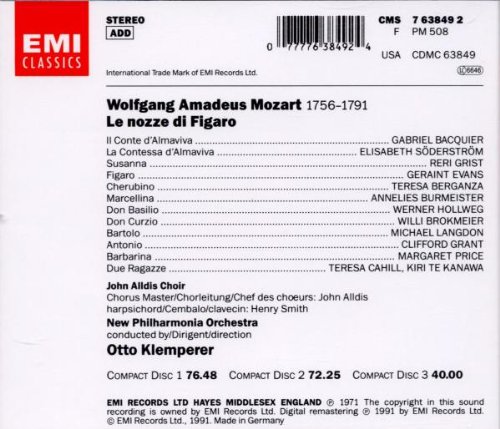 BD: I would think this would keep you grounded
— to sing the lead role one night and the Page the next night.
BD: I would think this would keep you grounded
— to sing the lead role one night and the Page the next night.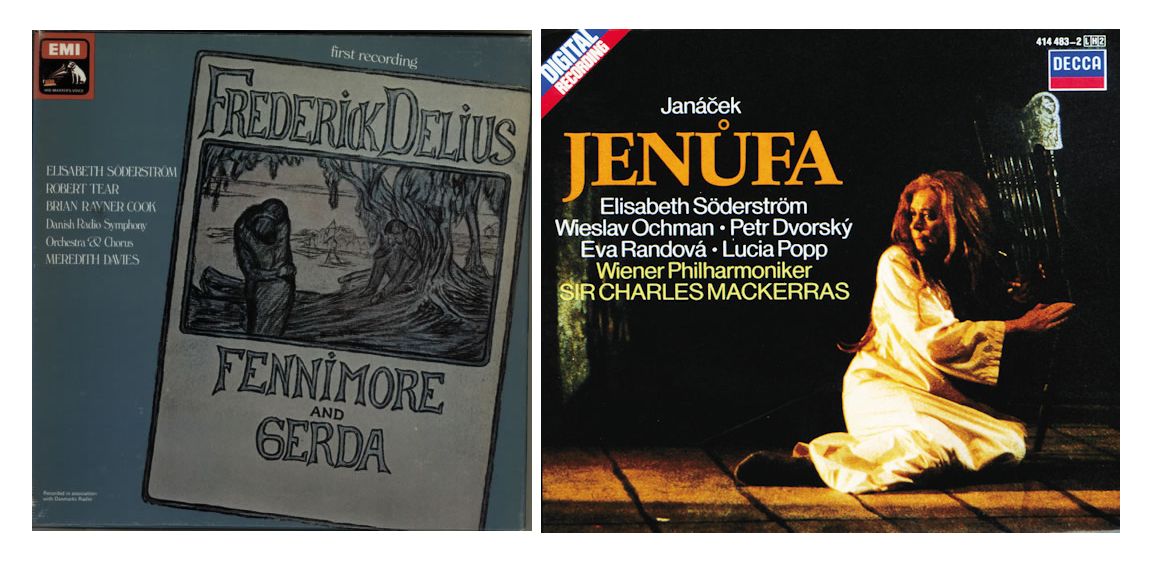
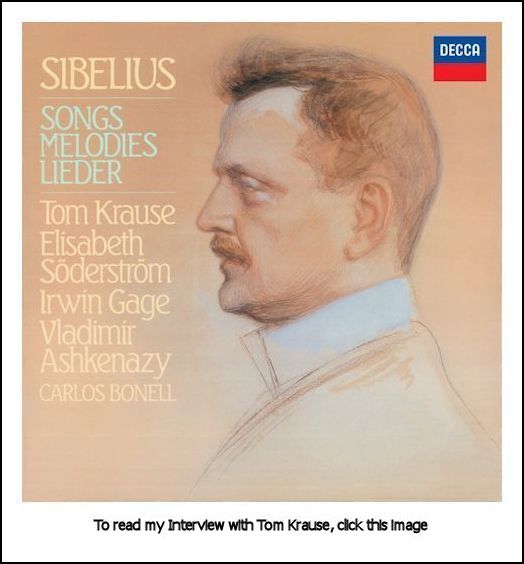 ES: I have not canceled very
often, but there are a few things that I’m allergic to. For instance,
air conditioning has been very dangerous in my life.
ES: I have not canceled very
often, but there are a few things that I’m allergic to. For instance,
air conditioning has been very dangerous in my life. 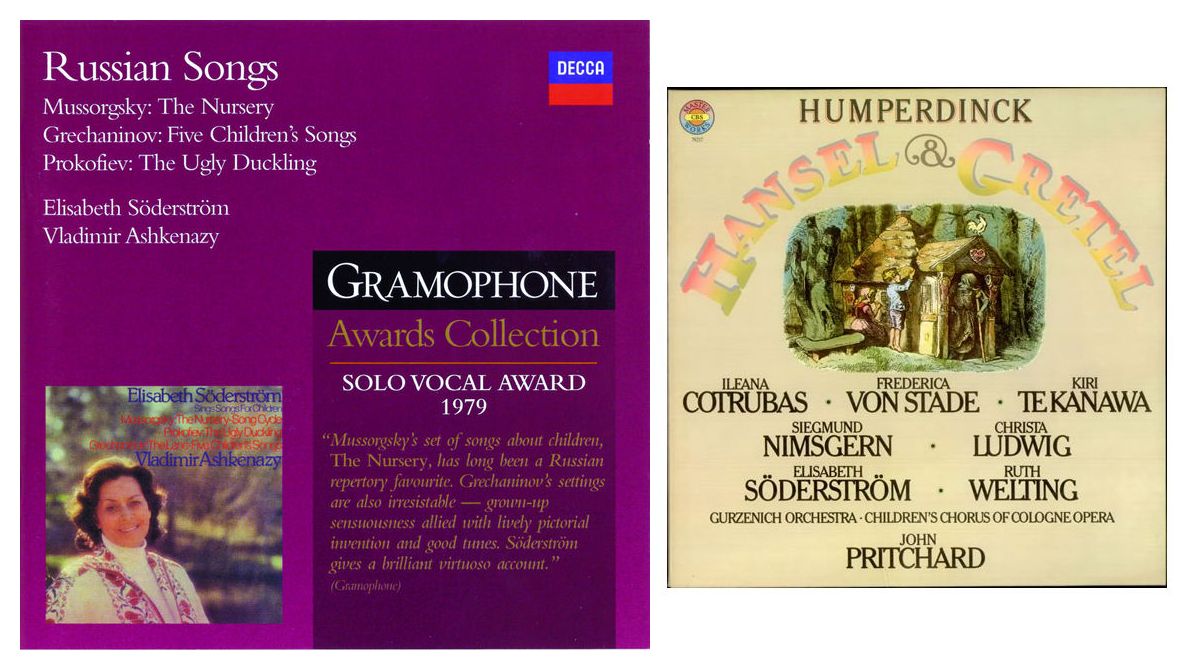
© 1997 Bruce Duffie
This conversation was recorded in Chicago on August 6, 1997. Portions were broadcast on WNIB the following year, and WNUR in 2011, and on Contemporary Classical Internet Radio in 2013. This transcription was made in 2017, and posted on this website at that time. My thanks to British soprano Una Barry for her help in preparing this website presentation.
To see a full list (with links) of interviews which have been transcribed and posted on this website, click here.
Award - winning broadcaster Bruce Duffie was with WNIB, Classical 97 in Chicago from 1975 until its final moment as a classical station in February of 2001. His interviews have also appeared in various magazines and journals since 1980, and he now continues his broadcast series on WNUR-FM.
You are invited to visit his website for more information about his work, including selected transcripts of other interviews, plus a full list of his guests. He would also like to call your attention to the photos and information about his grandfather, who was a pioneer in the automotive field more than a century ago. You may also send him E-Mail with comments, questions and suggestions.